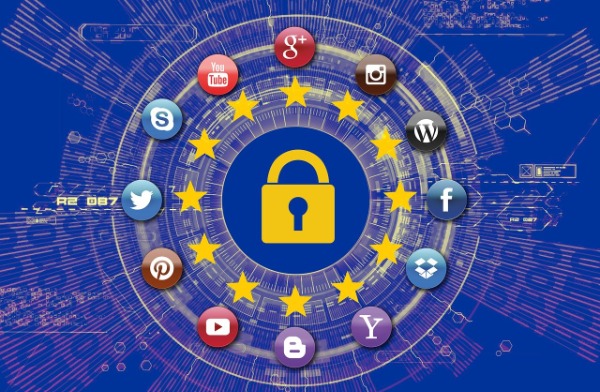An Instagram Kids App Is On Hold

Facebook has been getting a lot of critical press the past month. The Wall Street Journal's "Facebook Files" series has focused attention on how Facebook Inc. knows from internal research that its three platforms allow content that causes harm and any actions it has taken have not been effective.
When they announced this summer that there is a project to develop a version of Instagram aimed at children younger than 13, there was an outcry in the media. Concerns about privacy, screen time, mental health and safety were all aired.
This week Facebook announced it is suspending plans to build the Instagram Kids app. Facebook has owned Instagram since 2012. The platform is largely a photo-sharing application, though it has the commenting and likes common to most social sites. The Wall Street Journal series covered how Instagram is known by Facebook to sometimes negatively affect teenage girls in particular.This suspension is not an end to the project and the company plans to take some time to work with parents, experts, policymakers and regulators, but to move forward. Introducing the next generation to the platform would be advantageous to the company, though they had said that the Kids app would be ad-free, introducing kids to what may become in their adult life the Facebook "metaverse."
Facebook/Instagram/WhatsApp is certainly not alone in wanting new and younger users and is competing with other platforms such as TikTok and Snapchat.It may seem somewhat ironic that the WSJ used the results of an internal study by Facebook which they conducted to determine how its apps affect users against the company. In fact, the WSJ did compliment Facebook on doing the research, but their criticism came in what Facebook did or did not do as a result of the studies.
Facebook is scheduled to address these issues this Thursday before the Senate Subcommittee on Consumer Protection, Product Safety and Data Security.https://www.washingtonpost.com/business/2021/09/27/facebook-instagram-kids/
https://www.wsj.com/articles/facebook-pauses-instagram-kids-project-11632744879
https://www.engadget.com/facebook-is-pausing-work-on-instagram-kids-app-124639135.html


